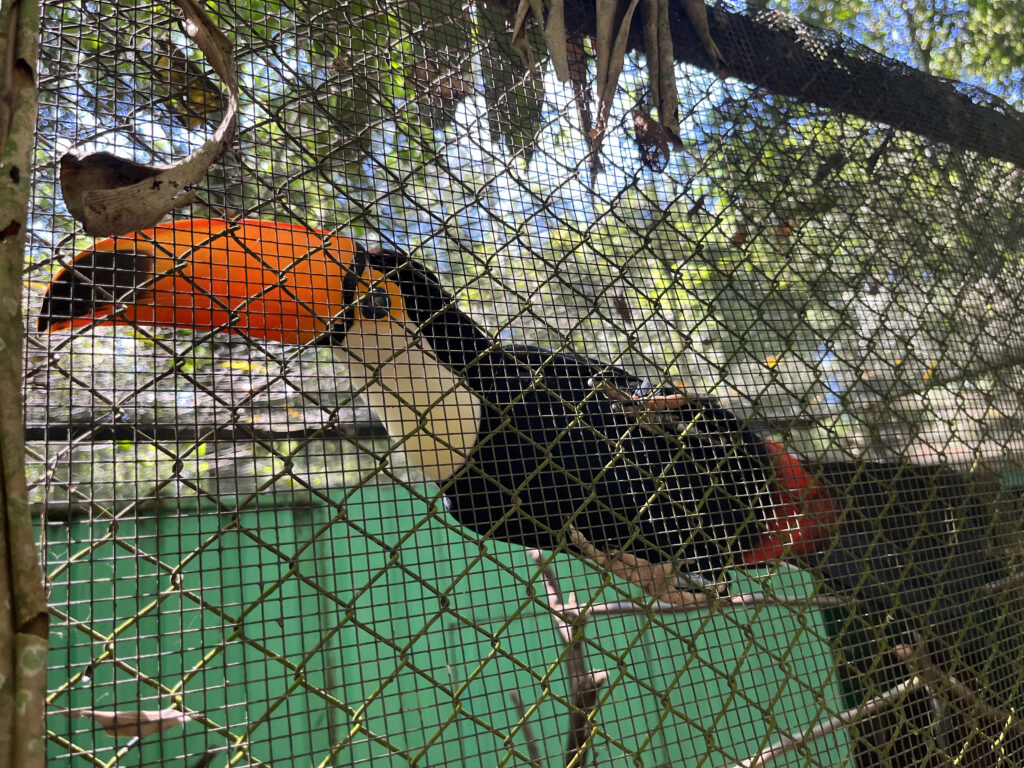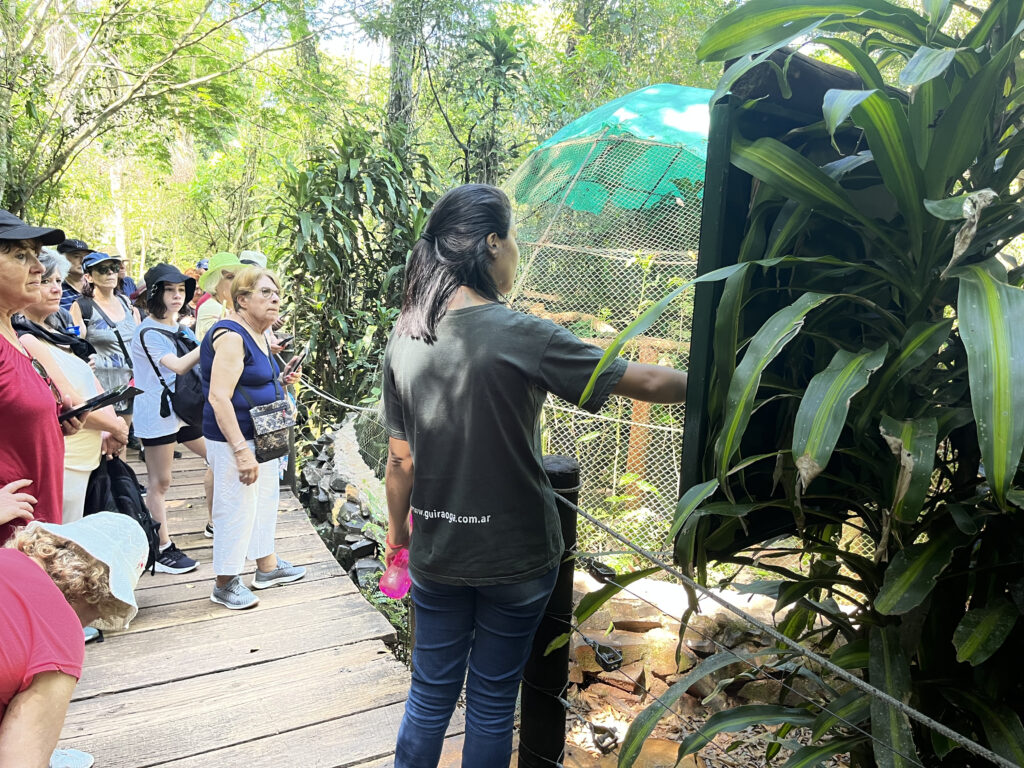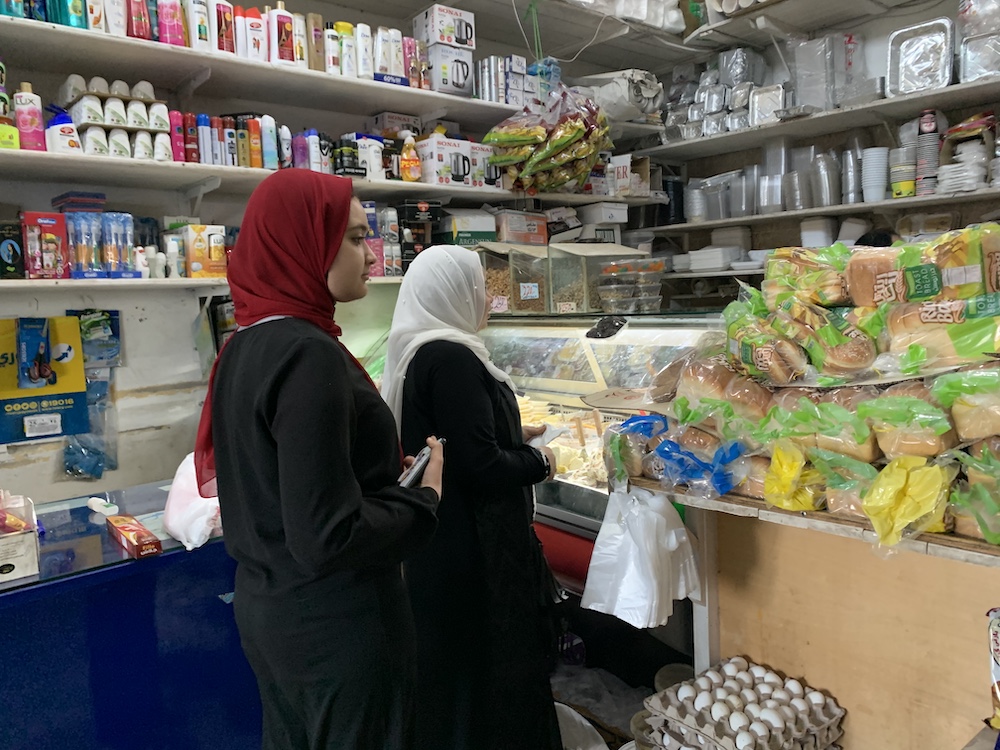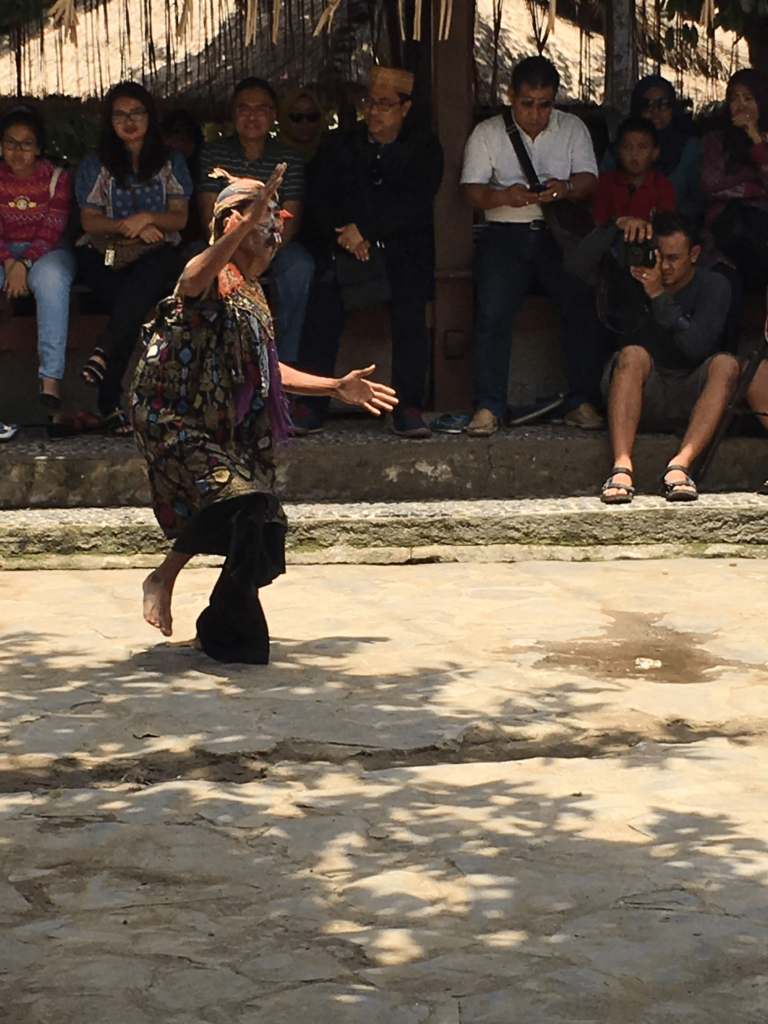What is Global Education?
Global Education is learning and teaching about issues that encompass and concern the globe

Global Education is an ever-evolving process of learning and understanding the world and its dynamics. It is a dynamic (changing) interdisciplinary science that refers to an organized body of knowledge with substantive subjective and objective knowledge.
According to the UNiTED NATIONS: “Education is the number one and most effective way to reduce poverty in the world.” POWERFUL!!!
Being a globally educated person is a journey that involves a large set of qualities and understandings. This is another term that has quite often been used mistakenly. Not everybody who travels is truly a globally educated being. Traveling abroad or taking a global class is just a very small portion of being globally educated. On Dr.P’s site, we are on the journey of being globally educated beings.



Examples of Global Education
Global education looks at the interconnectedness of issues around the world and it allows learners to engage with those issues. An important example that has shaped the way we live in recent years has been global warming. Global warming is the increase in temperatures on Earth’s surface due to greenhouse gases caused by burning fuels, cutting down and burning forests, among other factors. The issue of rising temperatures affects different areas of the world and is mostly caused by human behavior. Global warming negatively affects the natural environment, human health, and the economy.
MY EXPERIENCE MY EXAMPLE
I witnessed years ago the following painful example of global warming in Brazil on a tributary of the Amazon River. It was when I encountered native people with eye infections, blindness, and lack of food. The predatory deforestation of the Amazon around their village to plant rice and soybeans polluted the river with runoff from fertilizers. The natives depended on the river’s water for bathing and drinking, so they started to become ill with eye infections and had to seek help from the “whites”. In addition, they saw their fish food supply depleting little by little, along with the lack of raw jungle to find their food supply. The lush green forest and massive loss of their ecosystem around them was turning their land into a desert.



The example I provided above is quite extensive and it comprises many issues such as health, biodiversity loss, poverty, freedom rights, corruption, agriculture among others. These are all global issues.
Once we understand and connect issues around the globe, we can work together to repair the damage and stabilize them. It is a great opportunity for cooperation and understanding.
More examples about Global Education
There are many examples in many areas such decreasing democracy, increasing poverty. Global issues can be from the “smallest” ones such as the use of AI in Education to Global Crises such as forced displacement and famine in Palestine and severe climate change in sub-Saharan Africa. While Africa is greatly affected by climate change it contributes only 10% to the emission of greenhouse gases. Need I say more?
Study Abroad as part of Global Education
At times there is the misconception that studying abroad IS global education. Studying abroad is just one small portion of global education, there is a lot more than having a study abroad experience to be considered a globally educated individual. Too many folks travel abroad having minimal contact with the host culture, not even considering or studying how aspects of the host culture relate globally, yet they consider themselves erroneously global.
At the same time, I have encountered many globally educated people who have never been out of their country. Why? Because the key components of a globally educated person are content knowledge, awareness, connection, interpretation, and inclusion of other cultures in their lives.

Global Education vs International Education: Understanding the Differences
Global Education: Embracing Diversity and Inclusion
Global education focuses on fostering a deep understanding of different cultures, languages, and perspectives worldwide. It emphasizes the importance of cultural diversity and promotes inclusivity in educational settings. Students engaging in global education are encouraged to think critically about global issues and develop empathy towards people from various backgrounds. The goal is to create well-rounded individuals who can navigate a rapidly changing global landscape with ease.



International Education: Nurturing Cross-Cultural Competence
On the other hand, international education is more focused on the practical aspects of studying in a foreign country. It involves pursuing academic opportunities outside one’s home country to gain new experiences and perspectives. International education often includes studying abroad programs, exchange programs, or pursuing a degree in a foreign institution. The emphasis is on immersing oneself in a different cultural environment to gain a broader worldview and enhance cross-cultural competence.
Bridging the Gap: Combining Global and International Education
While global education and international education have distinct focuses, they are not mutually exclusive. In fact, combining elements of both approaches can lead to a more comprehensive and enriching educational experience. By integrating global perspectives into international education programs, students can develop a deeper appreciation for diversity while honing their cross-cultural skills.
In a global world, cultural understanding must be one of the ways to conceptualize knowledge. Cultural knowledge builds good character, the particular quality that considers a set of skills that aim to understand other cultures’ rules and emotions. This understanding allows us to establish a relationship by being “part of” rather than “on the periphery of” that same world.
What is Global/International Development Education?






